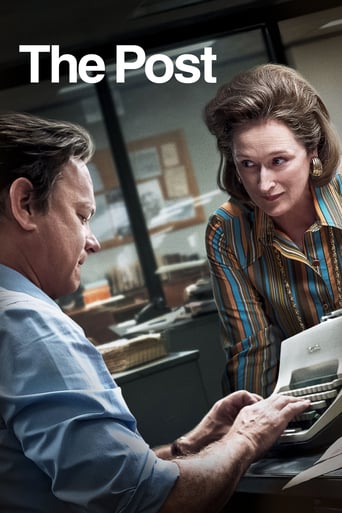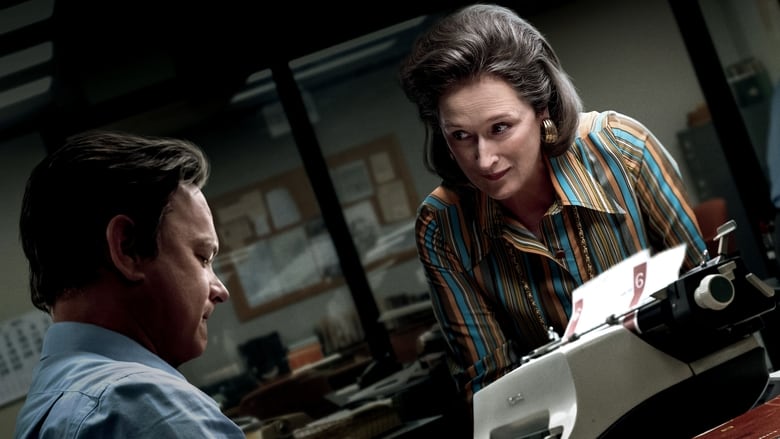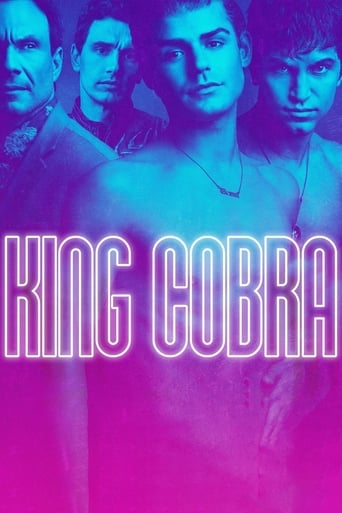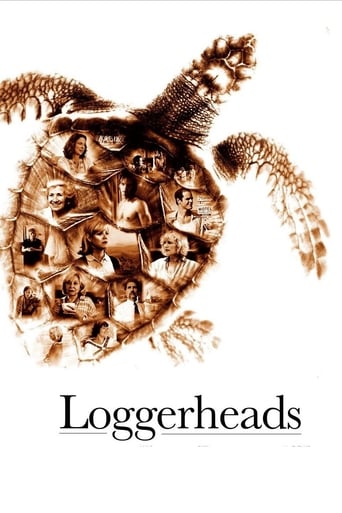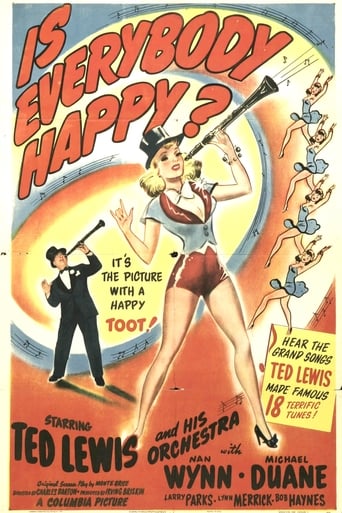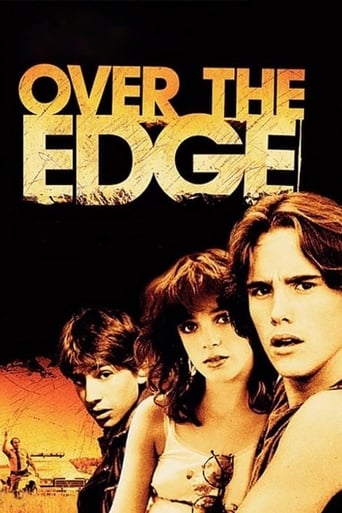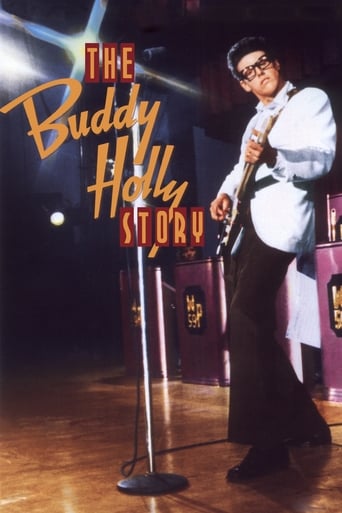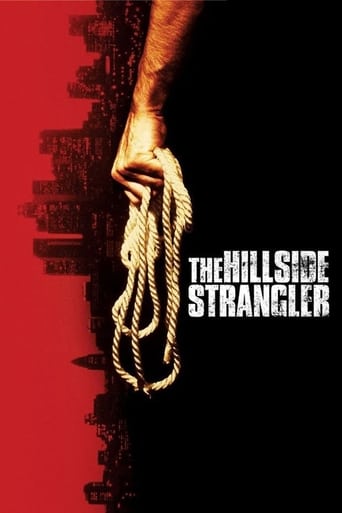The Post (2017)
A cover-up that spanned four U.S. Presidents pushed the country's first female newspaper publisher and a hard-driving editor to join an unprecedented battle between journalist and government. Inspired by true events.
Watch Trailer
Cast
Similar titles
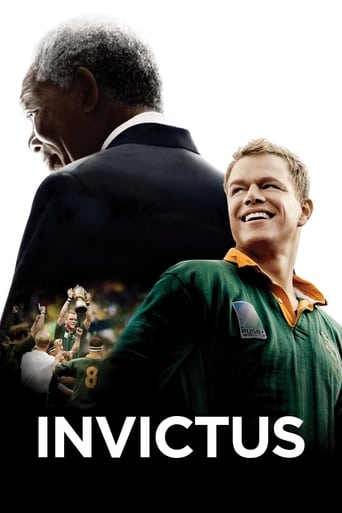
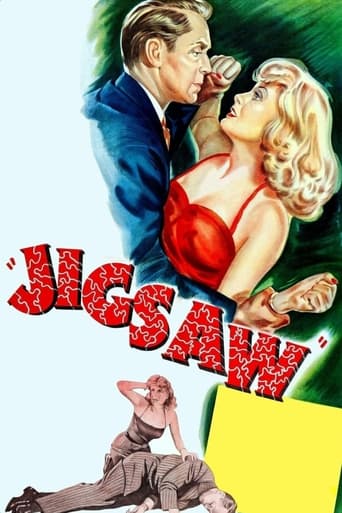
Reviews
The Worst Film Ever
So much average
Absolutely brilliant
A film with more than the usual spoiler issues. Talking about it in any detail feels akin to handing you a gift-wrapped present and saying, "I hope you like it -- It's a thriller about a diabolical secret experiment."
Does Meryl Streep need yet another Oscar? She's been nominated 21 times since 1979, three times for supporting performances, the rest for leading actress. And she has won the Oscar three times for Iron Lady, Sophies Choice, and Kramer v. Kramer. Streep has been hailed as the world's best living actor and will surely rank among the all time best. It seems that all she has to do is appear in a movie and she becomes an Oscar favorite.And so it was this year with The Post, Steven Spielberg's drama detailing the second chapter in the publication of the Pentagon Papers in the early 70s. After the Nixon administration successfully brought an injunction against the New York Times for starting to publish the massive Pentagon study of the Vietnam war, the Washington Post obtained the papers and then the paper's new publisher, Katherine Graham, had to make an existential decision about whether to pick up where the Times and left off and risk the legal hell that the Nixon administration was sure to bring upon them. We already know the outcome, of course, as history tells us that Ms. Graham did indeed approve the publication of the papers. And, of course, Nixon did threaten her and the paper with treason charges. However, shortly after the government began their crackdown, newspapers all over the country picked up the ball and began to publish their own stories based on the papers. At that point, the toothpaste was well out of the tube and wasn't going back in. Shortly after, the Supreme Court, in a landmark ruling, determined that the rights of a free press transcended the privacy rights of the government and that the first amendment was not to benefit the governors, but rather the governed as a necessary and important way to counter the improper use of government power.The reason to see this movie is not because it is exceptionally well done. In fact, although nominated for Best Picture, it definitely does not deserve it. But the picture should be seen because of how relevant it is to today's political world. As our unfit President labels any press institution that remotely criticizes him (or has the audacity to actually report his bad behavior) 'Fake News', the first amendment rights to a free press are under attack. I never anticipated that in my lifetime I would be witnessing the systematic destruction of one of the few institutions capable of stopping the accumulation of fascist power. And yet, Trump, and his mindless minions actually claim that he has the power to shutdown those news organizations that he does not like, simply because he is the President. That this is frightening is an understatement. But the value of this movie is that it shows what can, and should, happen when a President claims undue power. Nixon's attack on the press was halted by the Supreme Court. Forced to adopt other means, he sent third rate burglars into Daniel Ellsberg's psychiatrist office and the Democratic Party Headquarters in Watergate. Those actions eventually brought him down. We can only hope that Trump's assaults on the press will have similar effects.So, the reason to see this movie is because it is astonishingly topical. Some of the lines used by politicians on both sides are almost verbatim quotes of statements heard today. The arguments are not just similar, but nearly exactly the same. The good thing about all that is that, 45 years ago, the press survived and corrupt power fell. The bad thing is that we seem not to have learned a damn thing and, miserably, we are letting history repeat itself.But having said that people should indeed see this movie because of its relevance to current day politics, I don't think it is a particularly good movie for several reasons.In the first place, I don't understand why the movie is about the second chapter in the story, the Washington Post story, instead of the original publication of the papers by the New York Times. I get the fact that there is a gender story underlying the Washington Post story. Katherine Graham had just inherited control of the Washington Post newspaper because, after both her father and her husband died, she was the senior family member available. And I understand that she had a horrendously difficult, and risky, decision to make in picking up where the Times had been stopped. She was likely exposing both her family and her employees to potential treason charges that could have destroyed everything she and her family had built up. But the decision by Sulzberger, of the New York Times, to originally begin the publication and then to fight the Nixon administration for the right to continue, seems to me to be an even bigger decision. The Times took the initial, very risky, step, and yet, aside from a mostly irrelevant 2003 television movie (The Pentagon Papers), there has been no movie describing the family and business crisis that had to have happened at the Times. Theirs was the riskier decision, so where's the movie about Ellsberg and the New York Times? In short, I think we're not seeing the best and most interesting story here.And then, there is simply the problem of Meryl Streep's fame. Graham is new to her role as leader of the Post and there are many scenes in the movie where she shows indecisiveness and inability to speak up, especially in a room full of men. Meryl Streep, on the otherhand, we know has no problems taking on nearly any situation. Whether it is the British government (Iron Lady), the fashion world (Devil Wears Prada), or deciding which of her children should live (Sophies Choice), Streep moves her characters forward forcefully - they are not weak. So when she plays a character that has difficulty making decisions, it is not convincing. Not because the character couldn't be weak, but because Meryl Streep doesn't play those kinds of characters! In the movie, there is a critical, climactic scene where she, as Graham, makes the immediate and final decision to go ahead and publish their story in the morning's paper. She is in a room full of men, dressed in what appears to be her bathrobe. They have just had heated conversations about the importance of the decision and the possible consequences which include the complete loss of the paper, jail sentences for the leaders, and unemployment for hundreds of workers. Graham, on the phone, pauses for just a few seconds, furrows her brow, hesitates a couple of times, and then says to publish. She hangs up the phone, and announces that she is going to bed.The scene may or may not be accurate, and it very well may be what Katherine Graham did. But it is not what Meryl Streep would do. We would have more understanding of what went through her mind to get to that decision and, here, we have nothing. It is unfortunate that actors end up getting typecast, but they do. And it is difficult, often, for the viewer to separate the character from the actor. In this case, though, Streep shouldn't be playing Graham. As fine a job as Streep did, this isn't best actress material for her, because it isn't the right role for her. I don't fault Streep so much as Spielberg for casting her.So, there you have it. The movie is worth seeing because of its relevance to contemporary politics. But it is a highly flawed movie because it is the wrong story with the wrong actress. All of that makes it difficult to rate, but I'm inclined to give it just 3 stars.
A nail-biter of a story about a time in our history that could be likened to current events.
Based on the real-life events surrounding the publication of the Pentagon Papers, The Post brings together, for the first time, three Hollywood heavyweights; Tom Hanks and Meryl Streep under the direction of Steven Spielberg. With over 30 Oscar wins and nominations between them(acting and directing), it's a pretty exciting prospect.It's 1966 and a group of American soldiers are ambushed in the Vietnamese jungle. As the numerous body bags are zipped up we see military analyst Daniel Ellsberg (Matthew Rhys) reporting from the front line, struggling to accept the exaggerated spin the American Government are putting on their success in the controversial conflict.Fast forward to 1971 where Dan steals classified Government papers dating all the way back to the 1950s detailing the deception of numerous American Presidents, and their respective Governments. From violating the Geneva Convention, lying to Congress and misleading the American public several thousand documents are copied, ready to be released.The New York Times publishes some of these papers and promptly finds itself barred from publishing any more courtesy of President Nixon. The Washington Post and editor Ben Bradlee (Hanks) race to find their own copies of the papers. What follows is essentially a 90-minute dilemma. To publish or not to publish, that is the question. Do they risk contempt of court and potential jail time by sticking to their journalistic beliefs and publish, or bury the story? That might sound a little pedestrian, but it's anything but in the hands of master storyteller, Steven Spielberg who manages to wring out every ounce of tension from the proceedings - even making a conference call edge of the seat stuff.Katherine Graham (Streep) is the owner of The Washington Post, a job she inherited due to the death of her husband and she's regularly overruled and arguably bullied by her predominantly male colleagues. Often out of her depth she has the more interesting journey of the characters as she struggles to do what she believes to be the right thing whilst at the same time trying to appease potential investors in her company. Her sparring with the consistently brilliant Hanks is what acting enthusiasts have been waiting for, and I'm sure this won't be their last film together.The Post is an intriguing and impressive film with fine performances from Hanks, Streep, Bob Odenkirk and Bruce Greenwood in particular. It will, inevitably, gather Oscar buzz due to the calibre of its two stars, but I wonder would it do so if two lead actors with less clout had been cast?
In the movie: Nixon was furious about the Papers' release. In reality: Nixon was intially unfazed because the Papers tarnished his Democratic predecessors. In the movie: McNamara tries to stop the Post from running the story. In reality: He supported publication. In the movie: The Post's decision to print inspires other newspapers. In reality: Other newspapers published the documents based on the leakers' distribution plan.Long ago in a galaxy far far away...
